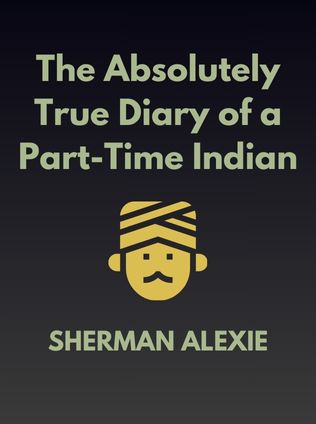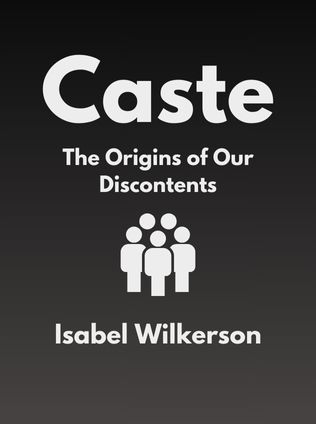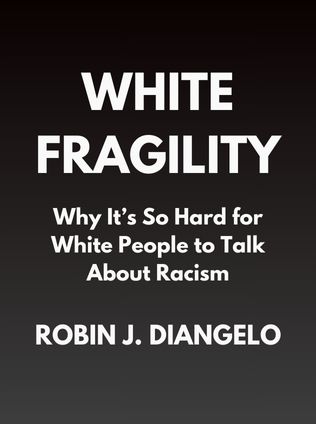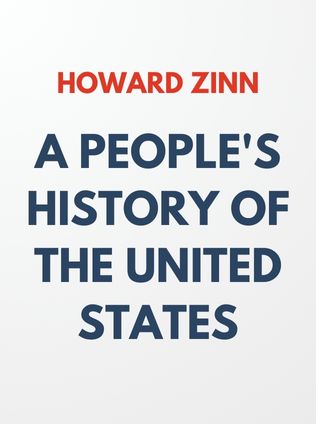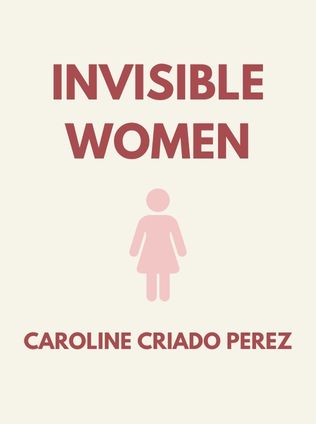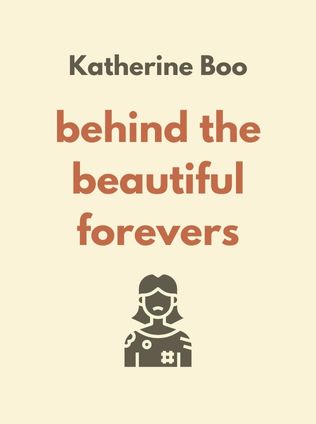
Behind The Beautiful Forevers
Life, Death, and Hope in a Mumbai Undercity
By Katherine Boo
Published 04/2012
About the Author
Katherine Boo, an esteemed American journalist, has been a prominent voice in illuminating the lives of the underprivileged and marginalized. Born in 1964, Boo’s career has spanned over several decades, earning her the Pulitzer Prize for Public Service among other accolades. Her marriage to an Indian man brought her to India, where she spent considerable time observing the stark contrasts within the society. These experiences led her to write "Behind the Beautiful Forevers: Life, Death, and Hope in a Mumbai Undercity", a groundbreaking work of non-fiction that tells the stories of the residents of Annawadi, a slum in Mumbai. Boo’s approach to journalism is both empathetic and rigorous; she spent four years in Annawadi, living among the residents, conducting interviews, and immersing herself in their world to narrate their lives with authenticity and depth. Her work is not just a chronicle of poverty, but a powerful commentary on the human spirit's capacity for hope and resilience in the face of overwhelming odds.
Main Idea
"Behind the Beautiful Forevers" is an evocative and deeply moving narrative that captures the harsh realities of life in Annawadi, a slum situated near the Mumbai International Airport. The book vividly illustrates the stark contrasts between the rich and the poor in a rapidly globalizing India. Boo delves into how globalization, while creating new wealth and opportunities, has left many behind, particularly those living in the urban slums. At the heart of the narrative is the paradox of hope; despite the systemic corruption, environmental degradation, and social injustices that pervade their lives, the residents of Annawadi continue to dream of a better future. The book explores the ways in which these individuals navigate the complex social, economic, and political landscape of modern India, often finding themselves caught between their aspirations and the harsh realities of their existence.
Table of Contents
- The Residents of Annawadi
- In the Shadow of Wealth
- The Husains' Conflict with Fatima
- Recession and Trial
- Marriages and Deaths
The Residents of Annawadi
Annawadi is more than just a slum; it is a reflection of the broader struggles faced by millions of people living in India’s urban slums. This half-acre settlement, which sprang up in 1991, is home to about 3,000 people who live in conditions of extreme poverty. The slum’s location, adjacent to the Mumbai International Airport, places it within sight of wealth and prosperity, yet its residents are far removed from the affluence that the city represents. Life in Annawadi is a daily battle against poverty, disease, and the constant threat of eviction. Despite these challenges, the residents of Annawadi demonstrate remarkable resilience, finding ways to survive and, in some cases, even thrive in the face of adversity.
Abdul: The Trash Seller
At the center of the narrative is Abdul Hakim Husain, a teenage boy who has known nothing but hard work since he was a child. Abdul belongs to one of the few Muslim families in Annawadi, and from a young age, he has been involved in the family business of buying and selling recyclable materials. This work, though menial and often demeaning, is vital to the survival of his family. The proximity of Annawadi to the airport provides a steady supply of trash from the luxury hotels and businesses that cater to the wealthy, but it also highlights the stark disparity between the lives of the rich and the poor. Abdul’s life is emblematic of the survival instincts that drive many in Annawadi, where even the smallest opportunity is seized upon, no matter how degrading the work may seem.
Abdul's day begins before dawn, sorting through the piles of trash that have been collected by the scavengers who work for him. The work is dirty, exhausting, and often dangerous, but Abdul approaches it with a sense of purpose. He knows that his family's survival depends on his ability to turn trash into cash, and he takes pride in his work, even if others look down on him for it. The recycling business is competitive, and Abdul must constantly be on the lookout for new sources of scrap and new buyers for the materials he collects. Despite the challenges, Abdul remains hopeful that his hard work will one day pay off and that he will be able to provide a better life for his family.
Abdul’s story is not just one of survival, but also of ambition. He dreams of one day leaving Annawadi and starting a business of his own, perhaps even in a more respectable field. But he is also realistic about the obstacles he faces. As a Muslim in a predominantly Hindu society, Abdul is acutely aware of the discrimination that limits his opportunities. He knows that even if he works twice as hard as his Hindu neighbors, he will still face barriers that they do not. But this does not deter him. Instead, it strengthens his resolve to succeed, to prove to himself and others that he is capable of more than they expect from him.
Sign up for FREE and get access to 1,400+ books summaries.
You May Also Like
Rich Dad Poor Dad
What the Rich Teach Their Kids About Money - That the Poor and Middle Class Do Not!
By Robert T. KiyosakiFreakonomics
A Rogue Economist Explores the Hidden Side of Everything
By Steven D. Levitt and Stephen J. DubnerI Am Malala
The Story of the Girl Who Stood Up for Education and Was Shot by the Taliban
By Malala YousafzaiFactfulness
Ten Reasons We're Wrong About the World – and Why Things Are Better Than You Think
By Hans Rosling














